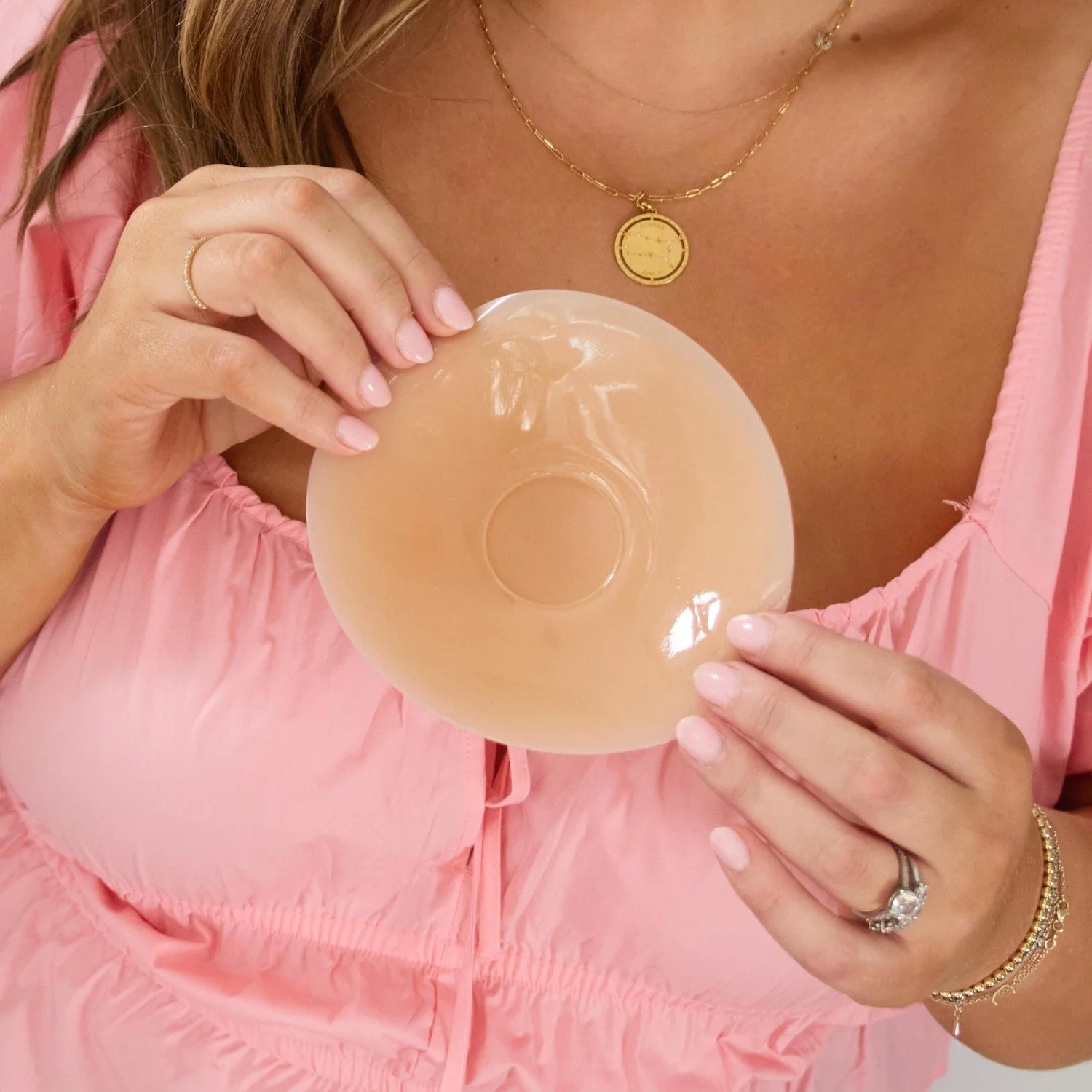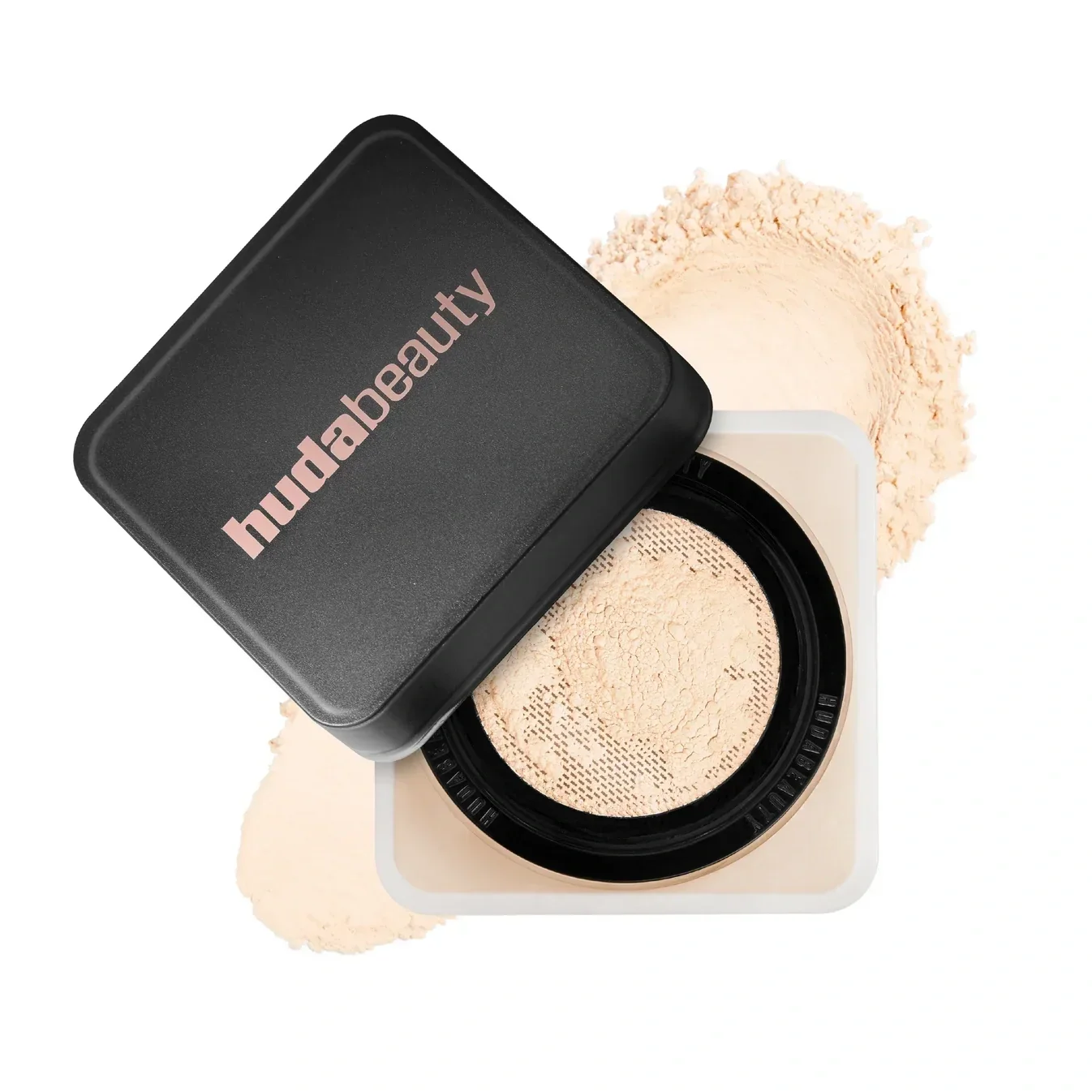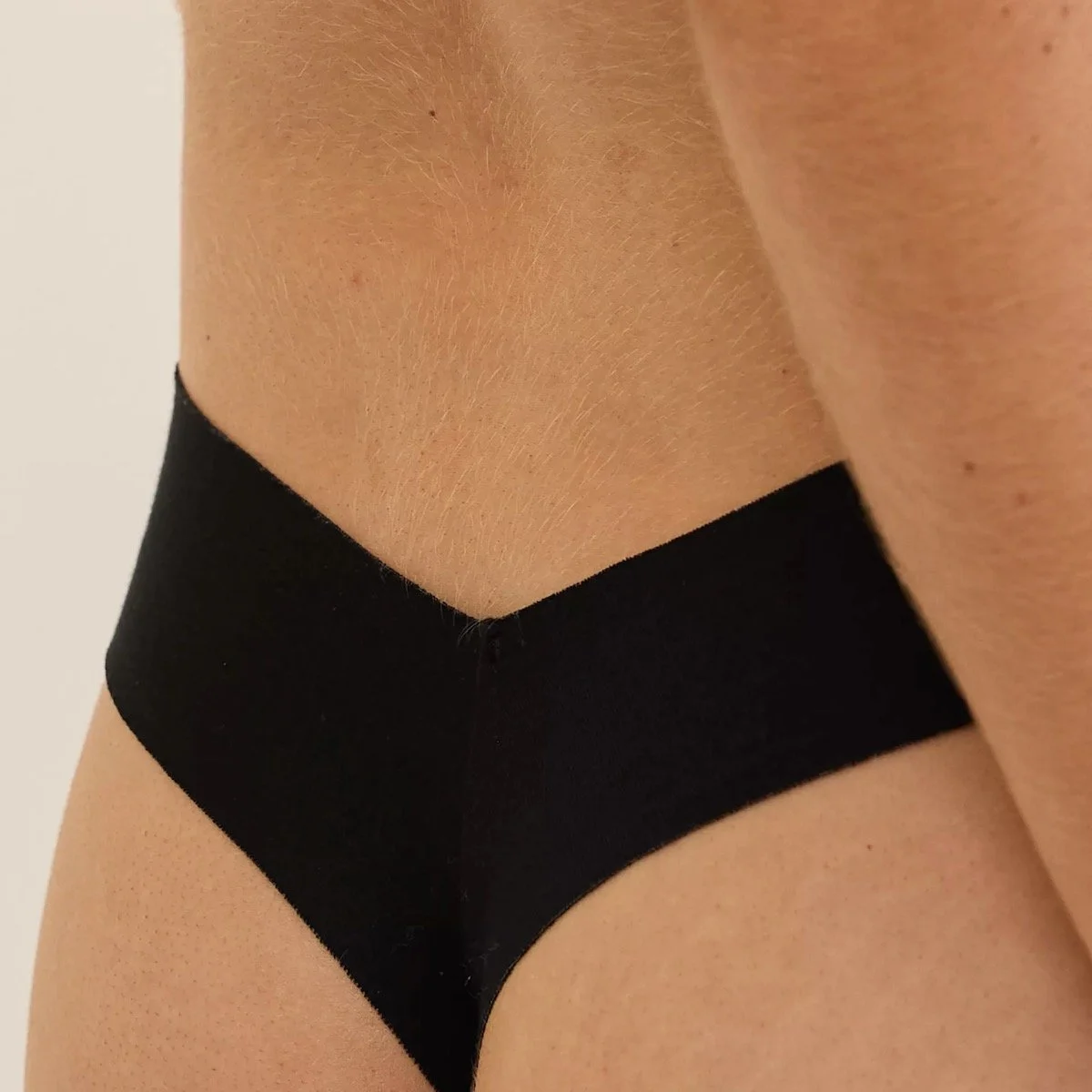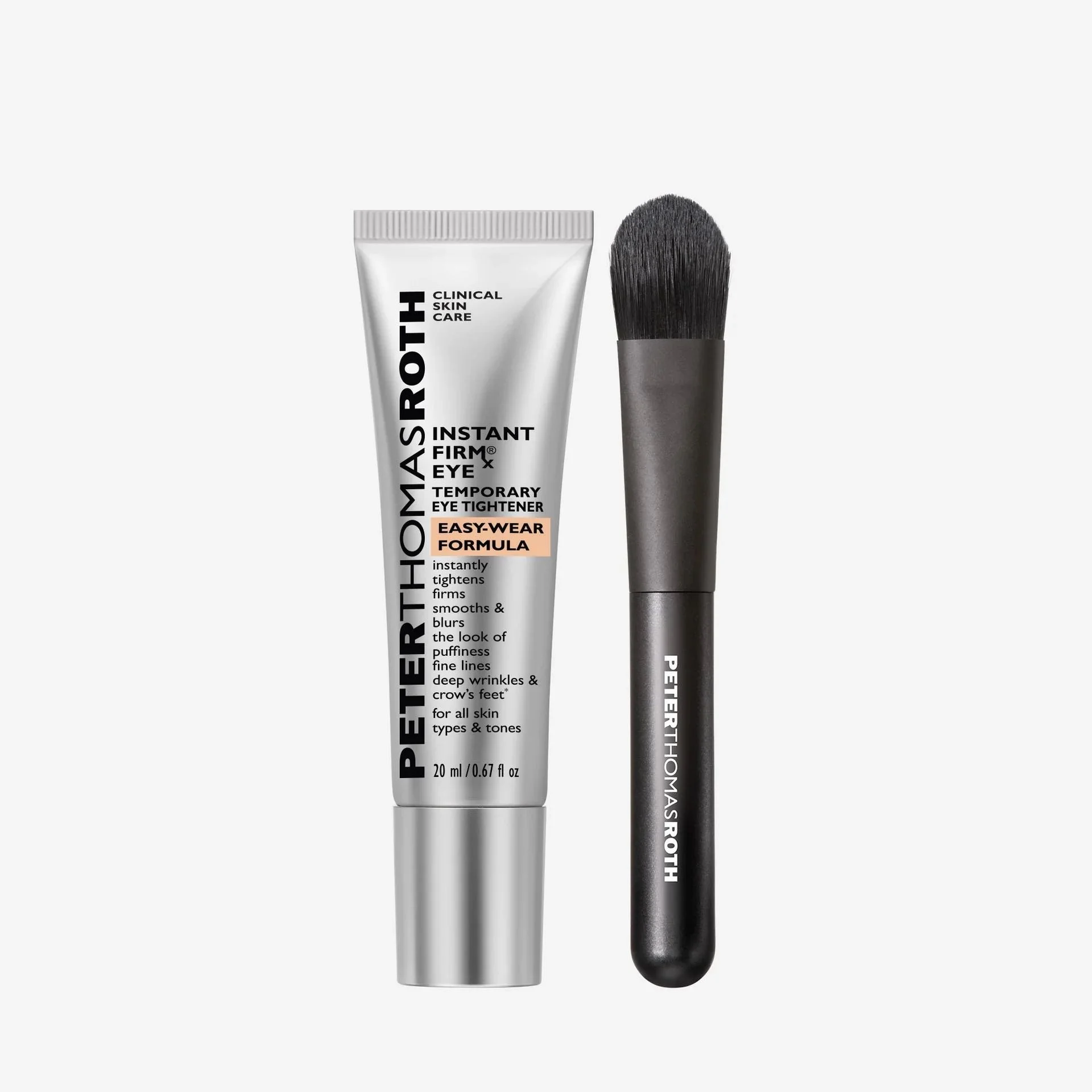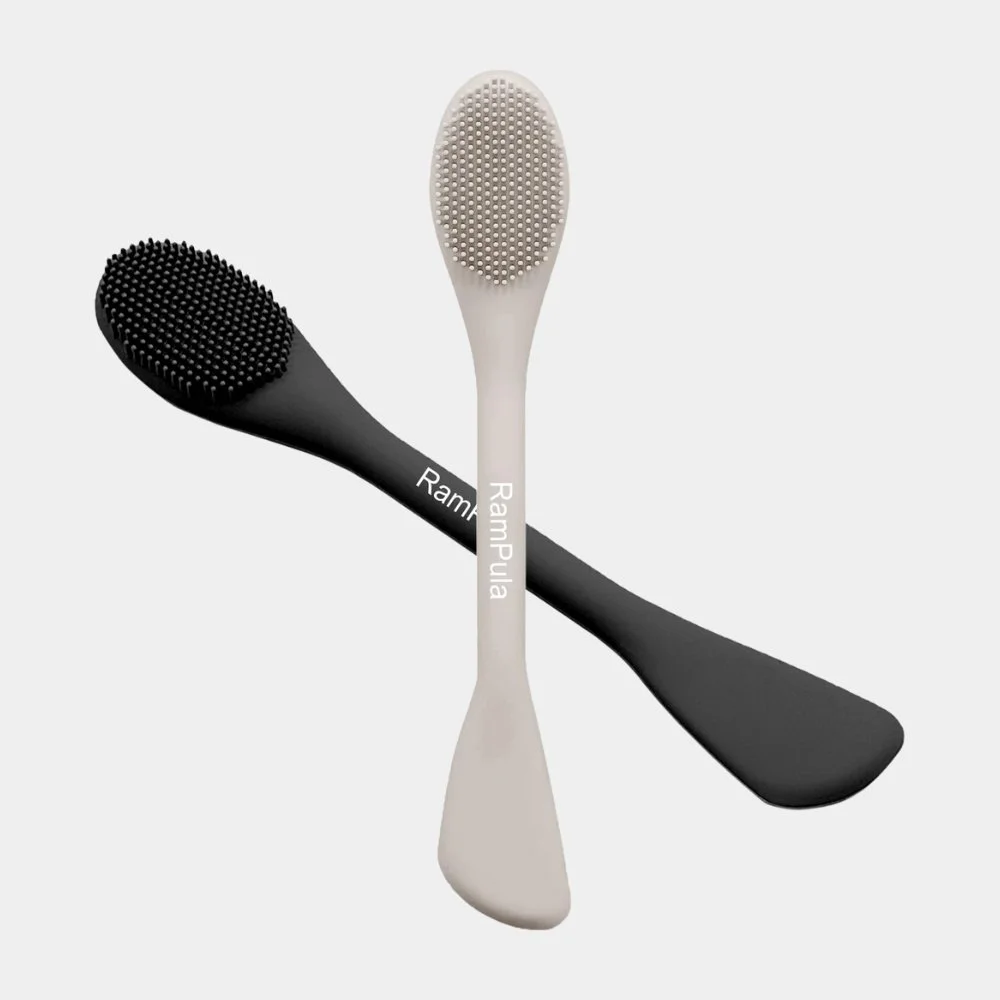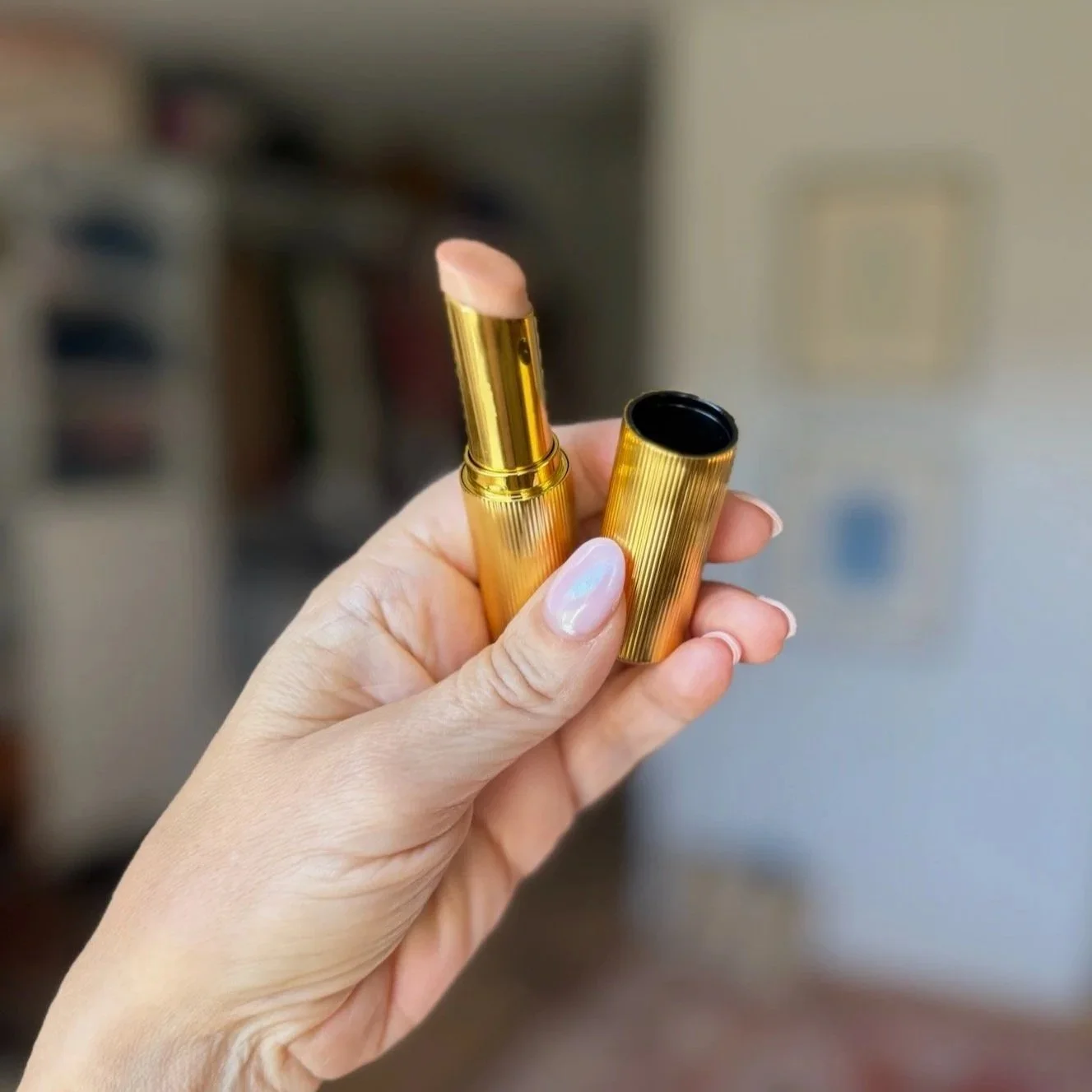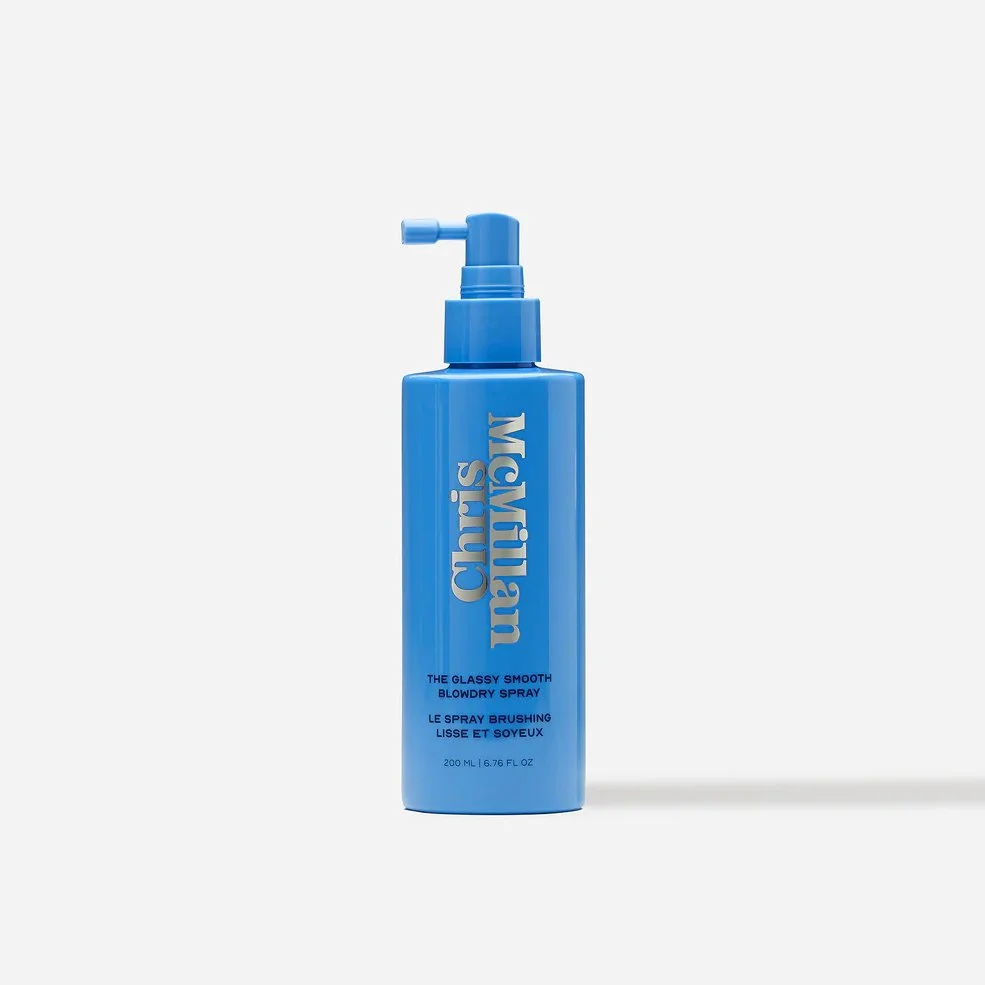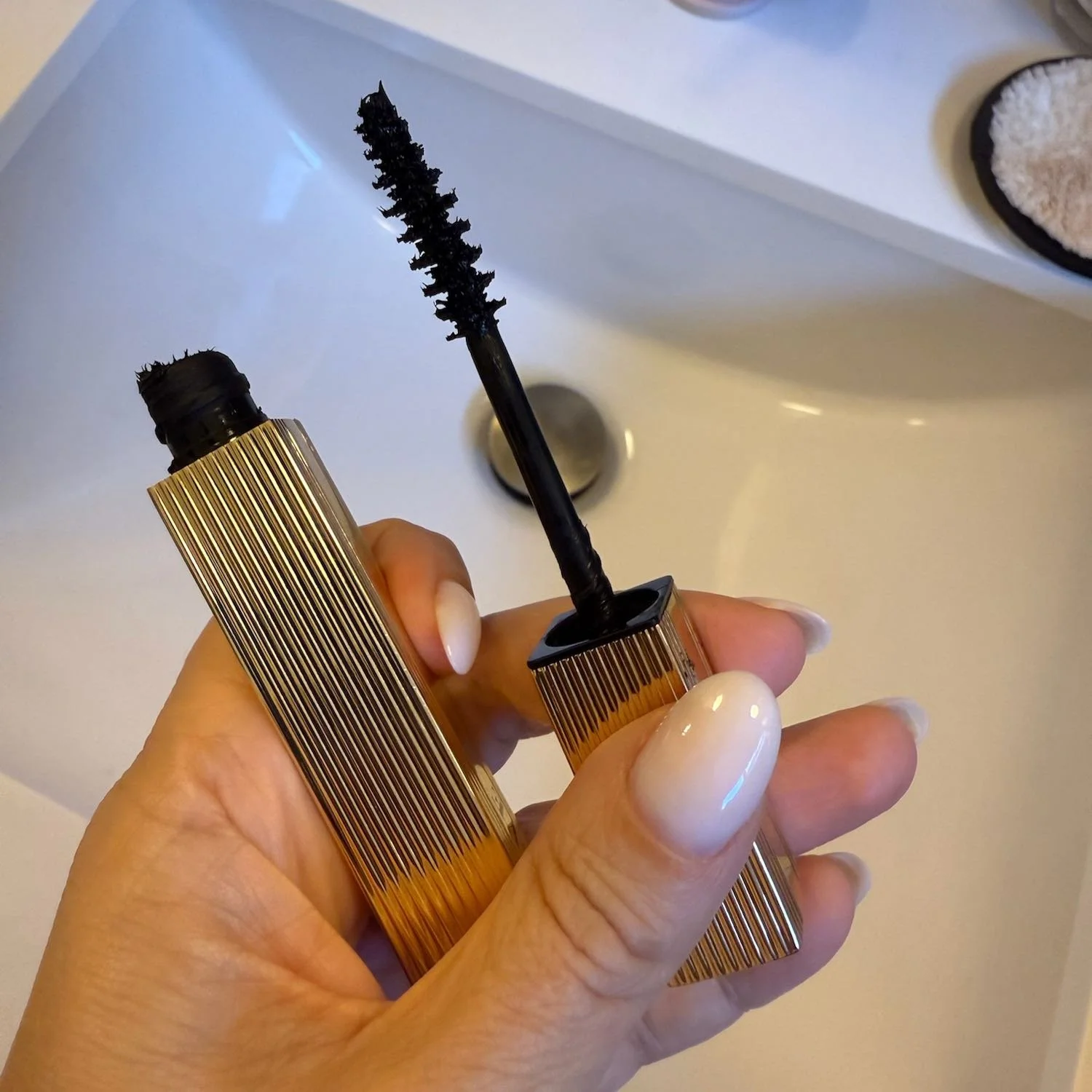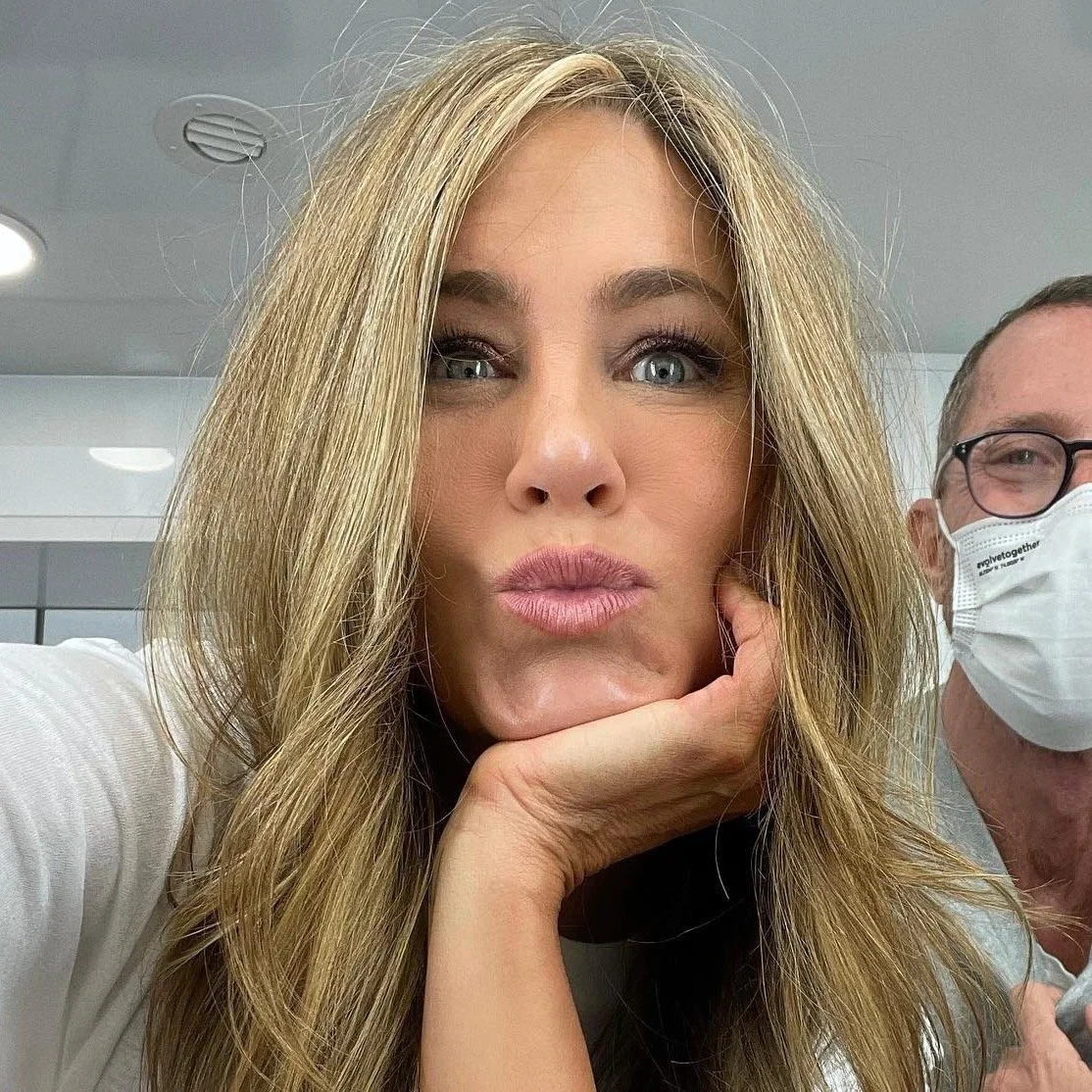Do You Sort Of Not Enjoy Anything Anymore?
by Lynn Maleh
Ever wake up and just feel “meh?” You’re not grieving or particularly upset; it’s just that you’re not really excited about the things that used to keep you going. And you can’t find ways to get excited about them.
If you’re nodding right now, we want to introduce you to an idea that we ourselves had never heard of. Until now.
Anhedonia, defined as “the inability to feel pleasure,” affects nearly 70% of those who suffer from Major Depressive Disorder (MDD), and because females are more prone to mental health issues than men, this condition is likely to find its way to many already struggling women.
So what exactly is it? How does it creep into our lives? And what the hell can we do about it? Let’s go.
What is anhedonia?
According to Sonia Martin, LCSW, anhedonia is a sort of emotional numbness. She cites common examples of the condition, like: less sensory pleasure from eating sweets, a mother who feels nothing towards her newborn baby, or a person who has a favorite sports team but suddenly feels nothing about them winning.
“Anhedonia is the inability to feel pleasure from normally pleasurable experiences and is a core symptom of depression, schizophrenia, and other mental illnesses,” says Dr. Nakpangi Thomas. “Yet, people without mental illness may experience it as well.”
The condition is so common, it has taken on several different monikers, including:
The flat effect
Affective blunting
Restricted range of affect
How does anhedonia manifest itself?
Martin breaks down anhedonia into two types: social and physical.
Social anhedonia is a disinterest in social contact and a lack of pleasure in social situations, which may include:
Social withdrawal and difficulty adjusting to social situations
A lack of relationships or withdrawal from previous relationships
Negative feelings toward yourself and others
Reduced emotional abilities, including having less verbal or nonverbal expressions
A tendency toward showing fake emotions, such as pretending you’re happy at a wedding
Physical anhedonia is the inability to feel tactile pleasures, such as eating, touching, or sex, such as:
A loss of libido or a lack of interest in physical intimacy
Persistent physical problems, such as being sick often
What could be causing this blunt, yet persistent feeling?
Thomas suggests that it may have to do with a chemical imbalance. “Researchers theorize that anhedonia may result from the breakdown in the brain’s reward system involving the neurotransmitter dopamine. Dopamine plays a role in how we feel pleasure, and our nervous system uses it to send messages between nerve cells.”
Other common factors that she believes promote anhedonia include:
Depression
Schizophrenia
Recreational drug use
Living with a large amount of stress or anxiety
While anhedonia seems to be present among all age groups, Thomas affirms that it tends to be more frequent among women.
Wait, but how is it different from depression?
Anhedonia and depression can be thought of similarly to a rhombus and square. Just like all squares are rhombuses, but not all rhombuses are square, anhedonia is related to depression, but depression isn't necessarily related to anhedonia.
To put it simply: “Anhedonia is a symptom that leads to a formal diagnosis of Major Depressive Disorder, but not all people who are diagnosed with depression have the symptom of anhedonia,” explains Thomas.
Why does this condition feel extra real right now?
Does the word pandemic ring a very traumatic bell?
A recent study pointed to an increase of anhedonia due to the social isolation, physical distancing, and health precautions associated with COVID-19.
“The combination of trauma due to COVID-19 and having to withdraw socially increased the risk of anhedonia,” says Martin, who believes the effects will linger as we reacclimate to normality. “Because many people were not able to engage in the activities that brought them joy prior to the pandemic, something as simple as hugging a loved one will now feel foreign and take a moment to rewire as positive.”
Is there a way to overcome this numbness and actually feel anything again?
Thomas will be the first to admit that anhedonia can be tricky to treat.
If there’s one thing the experts can confirm it’s that a licensed mental health professional is the best place to start. Treatments, under the guidance of your provider, may include:
A combination of therapy and potentially medication
Weekly sessions that include cognitive restructuring
Both Martin and Thomas agree that medications commonly used for depression (such as serotonin reuptake or “SSRIs”) can be helpful in the treatment of anhedonia, but have their limitations.
Thomas makes clear that “they do not necessarily promote positive feelings or joy,” and in some cases Martin warns, “they can even worsen symptoms.”
“Some of the work may be to identify what brought you pleasure in the past and to reconnect with what that feels like,” says Martin. “Sometimes it can be recognizing where these deficits are, so you can learn and relearn the proper reactions to them. For example, if hugs no longer bring you joy, talk therapy can help you remember that hugs are a form of affection, and affection is positive.”
You should be getting joy from the big things, the small things, and if you’re not, don’t sit on it – your mental health deserves your attention. Truly.
Lynn Maleh is a Syrian-American writer and comedian based in Los Angeles. By day, she writes online content, and by night she performs standup. See more of her articles here.


